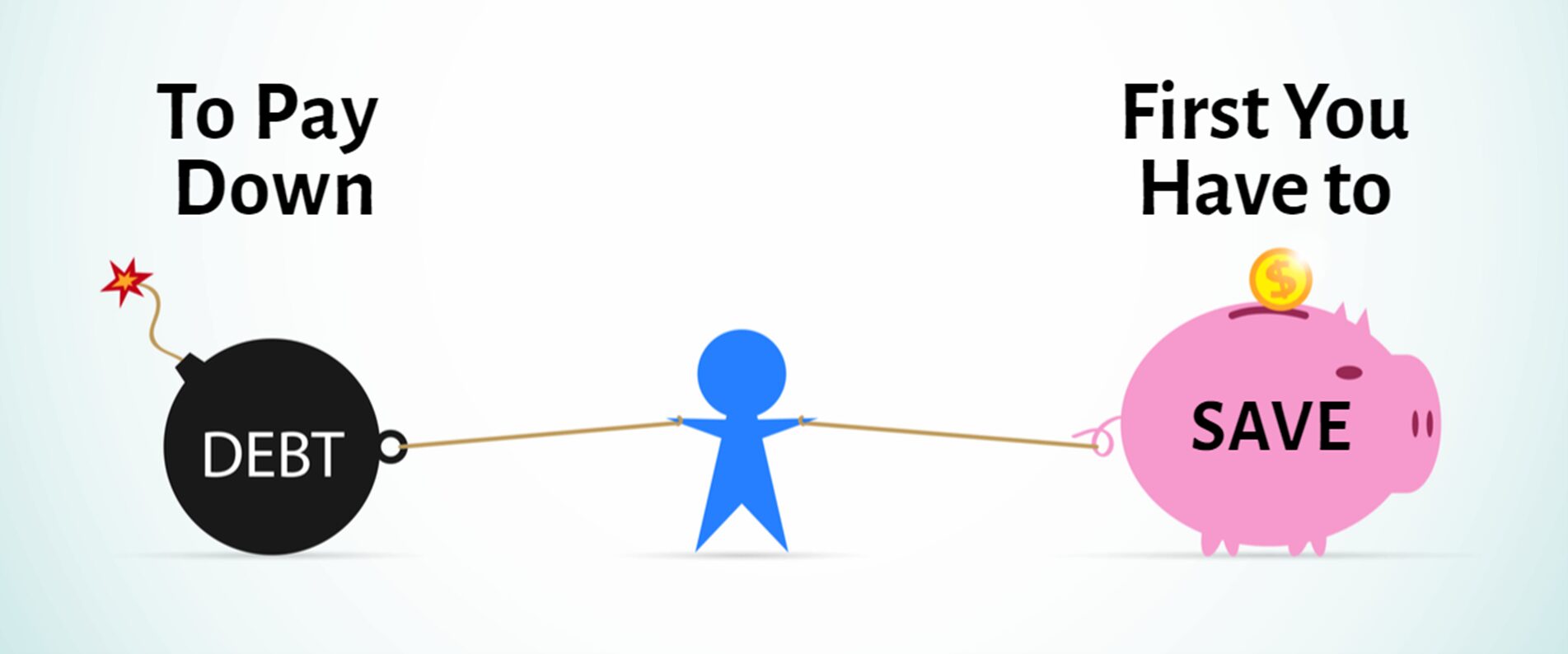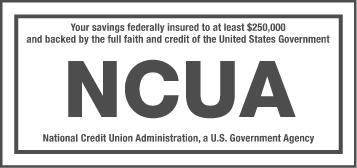
What Happens to Debt After Death?
posted on
November 3, 2025
You come home one day and find a letter asking you to pay your recently deceased spouse’s $400 credit card bill. Soon after, you start receiving collection calls. What should you do? Are you responsible for paying the bill?
It is not uncommon for creditors to turn to relatives for collection after a person dies. In some cases, they may be legally on the hook for the debt. However, knowing the law can help you handle bill collectors without being bullied into unnecessary payment.
Know the Law
When dealing with the debt of a deceased person, the first thing you want to consider is if anyone else’s name is on the account. Each account holder can be held legally responsible for the outstanding balance, regardless of who used the account or whatever agreement the account holders had on who would pay the bill.
Taking the example above, let’s say the credit card was a joint account, owned by your spouse and you. Your spouse was the only one who used the card and made the payments. You simply co-signed on the application because he/she had a low credit score. Unfortunately, since your name is on the account, you are still on the hook for the outstanding balance. This rule only applies to co-signers, not authorized users, who are not legally obligated to repay the debt. (However, you can be held responsible for charges you make after the death of the primary account holder, so don’t buy a $3,000 television with the card thinking you can get it for free.)
In most states, relatives whose names are not on the account cannot be held personally responsible for a deceased person’s debt. In community property states (Alaska, Arizona, California, Idaho, Louisiana, Nevada, New Mexico, Texas, Washington, and Wisconsin), spouses may be responsible for paying the debt, even if their name is not in the account. If you live in one of these states, it is a good idea to talk to a lawyer about your obligations.
Estate Assets
Even if you are not obligated to pay a creditor out of your own pocket, that does not necessarily mean you can tell them, “Tough luck. You are not getting a penny.” Obviously, the creditor cannot collect directly from a borrower who is not alive, but they are entitled to collect from his or her estate, meaning they can take from assets before they are passed on to heirs (although certain assets, such as retirement funds and life insurance, may be exempt).
For example, if your father left you the $10,000 in his savings account and had a $3,000 loan outstanding at the time of his death, the lender would get $3,000, and you would get $7,000. However, if there are not enough assets to cover the bills, then some creditors are simply out of luck; they cannot collect money the estate does not have.
Executor of the Estate
It is the role of the executor of the estate to pay the deceased person’s outstanding bills. If you are the executor, you may want to consult with a lawyer about your state’s probate process and laws. There may be specific regulations on the order that the debts should be paid.
If you are not the executor of the estate but are receiving phone calls and/or letters asking you to pay, you should refer the creditor to the executor. If they are persistent, send a certified letter stating that the person is deceased and you are not responsible for paying the debt. Don’t let yourself be intimidated into paying a debt you are not responsible for. If the bill collector is making claims you don’t believe are true, such as saying you are a co-signer on the account, ask for proof. Let them know you are aware of your rights and will report them if they do not stop calling you.
Harassing bill collectors can be reported to the Federal Trade Commission (877-382-4357) and state attorney general’s office. (They investigate patterns of complaints but typically do not intervene in individual cases.) If the collection activity still does not stop, you may want to hire an attorney to send them a letter and, if needed, take additional legal action.
While you may inherit Great Aunt Suzy’s doll collection or Grandma Jane’s floral sofa, luckily, in most cases, you won’t inherit your relatives’ debt.
This article is for informational purposes only and is not intended to provide tax, legal, or accounting advice. You should consult your own tax, legal, and accounting advisors for advice. Membership required. SRP is federally insured by NCUA.
Article Credit: BALANCE






